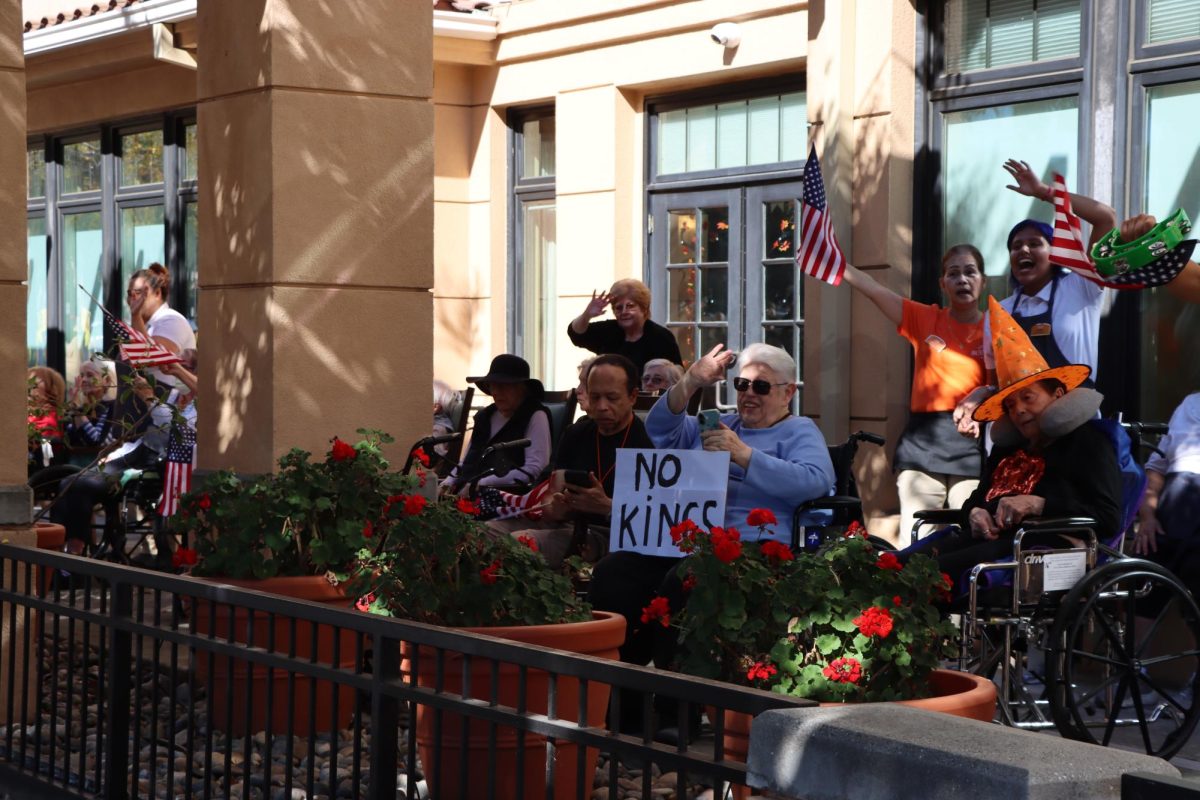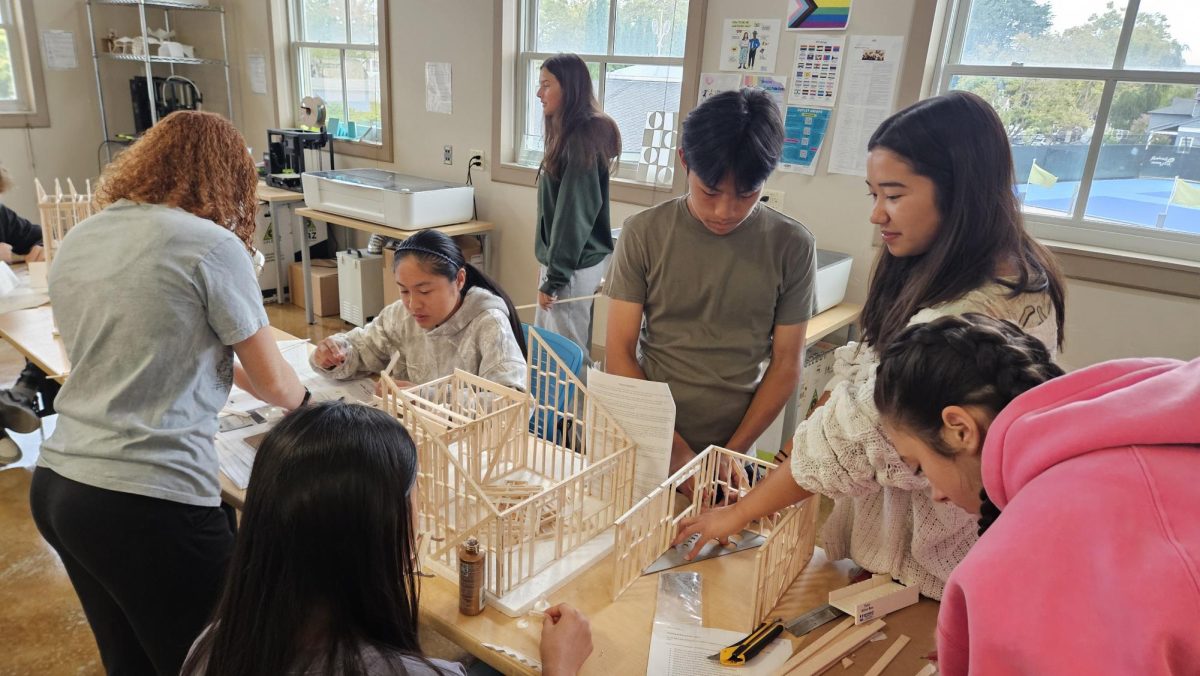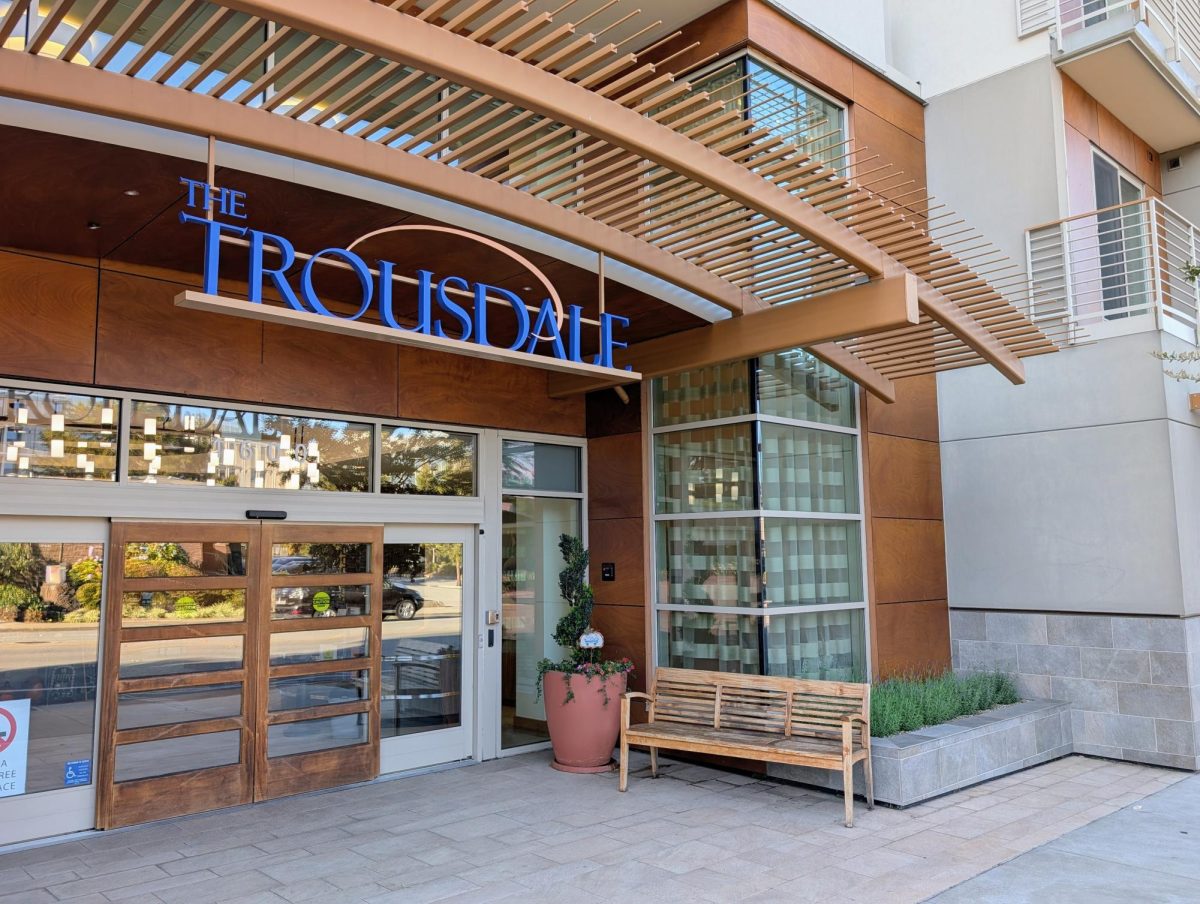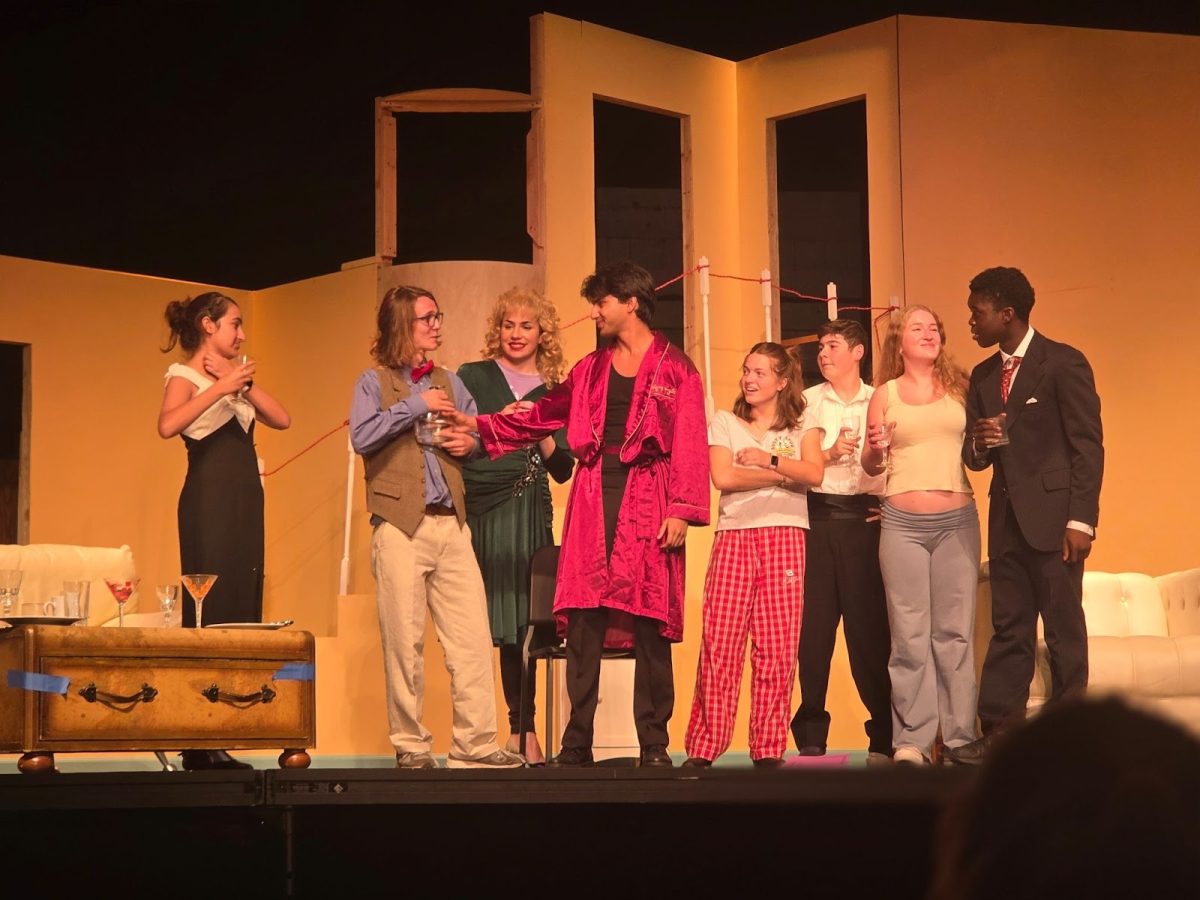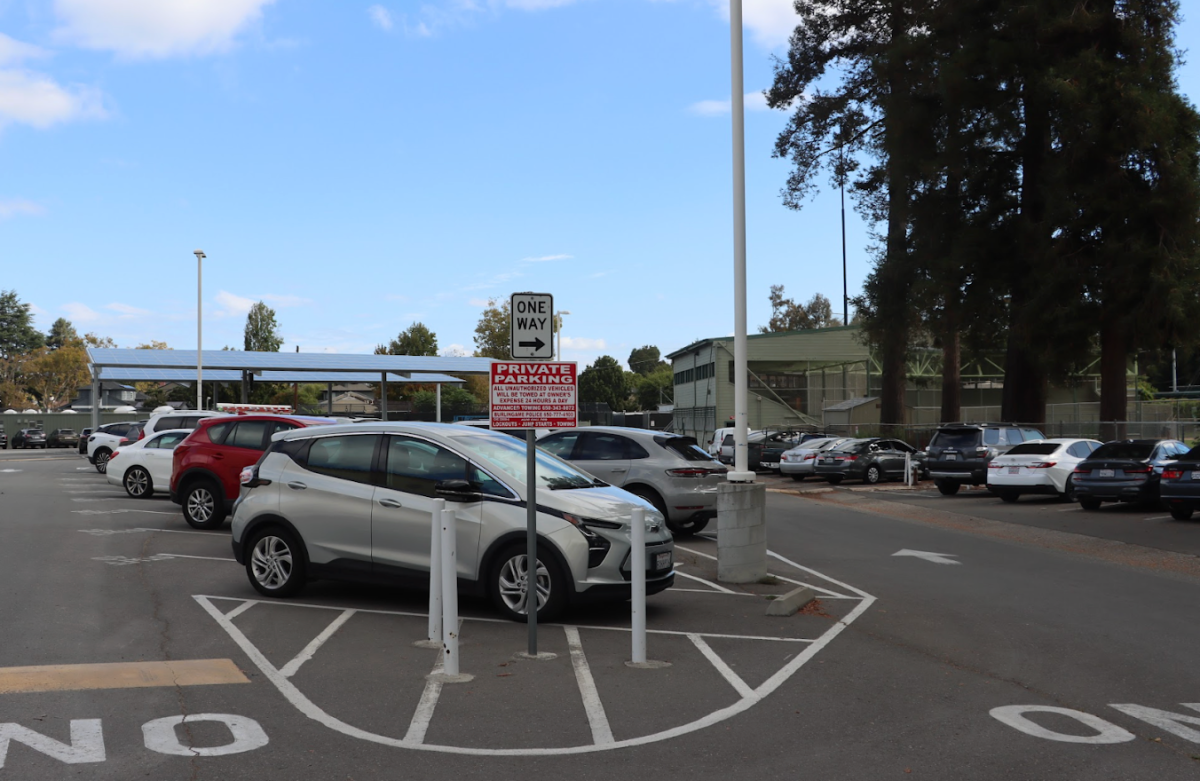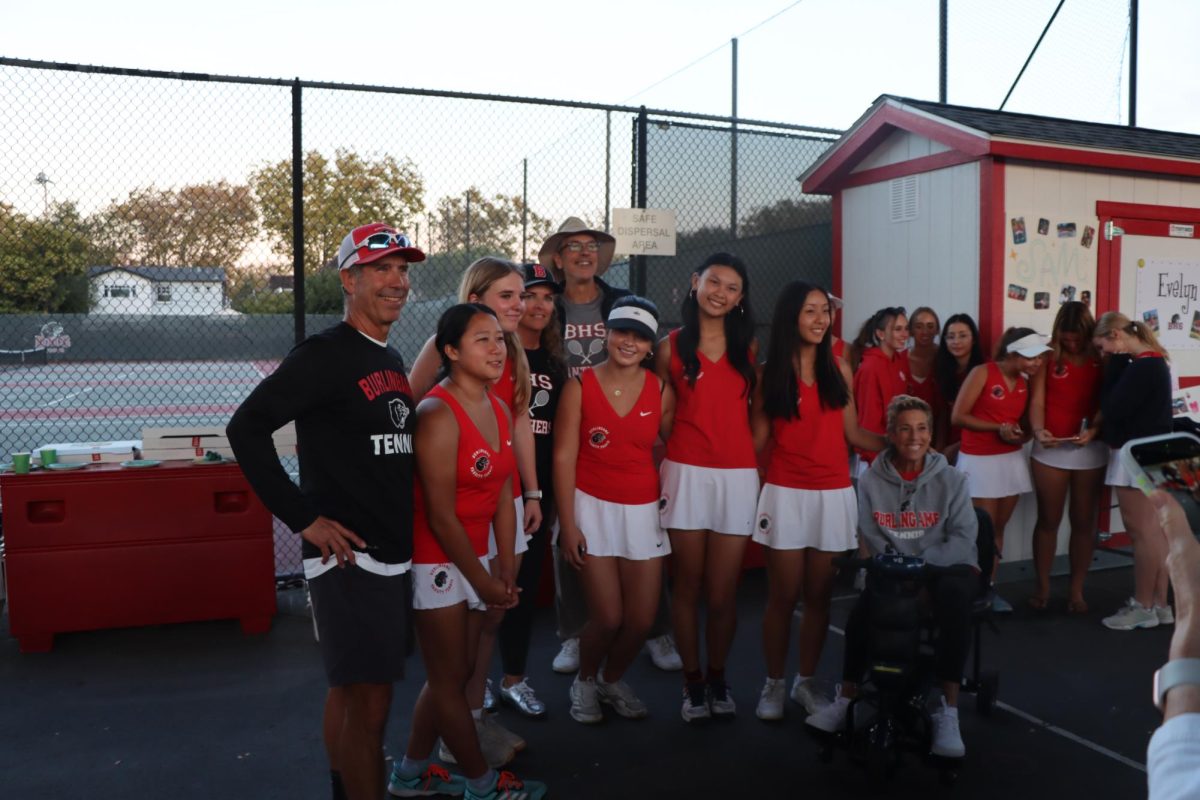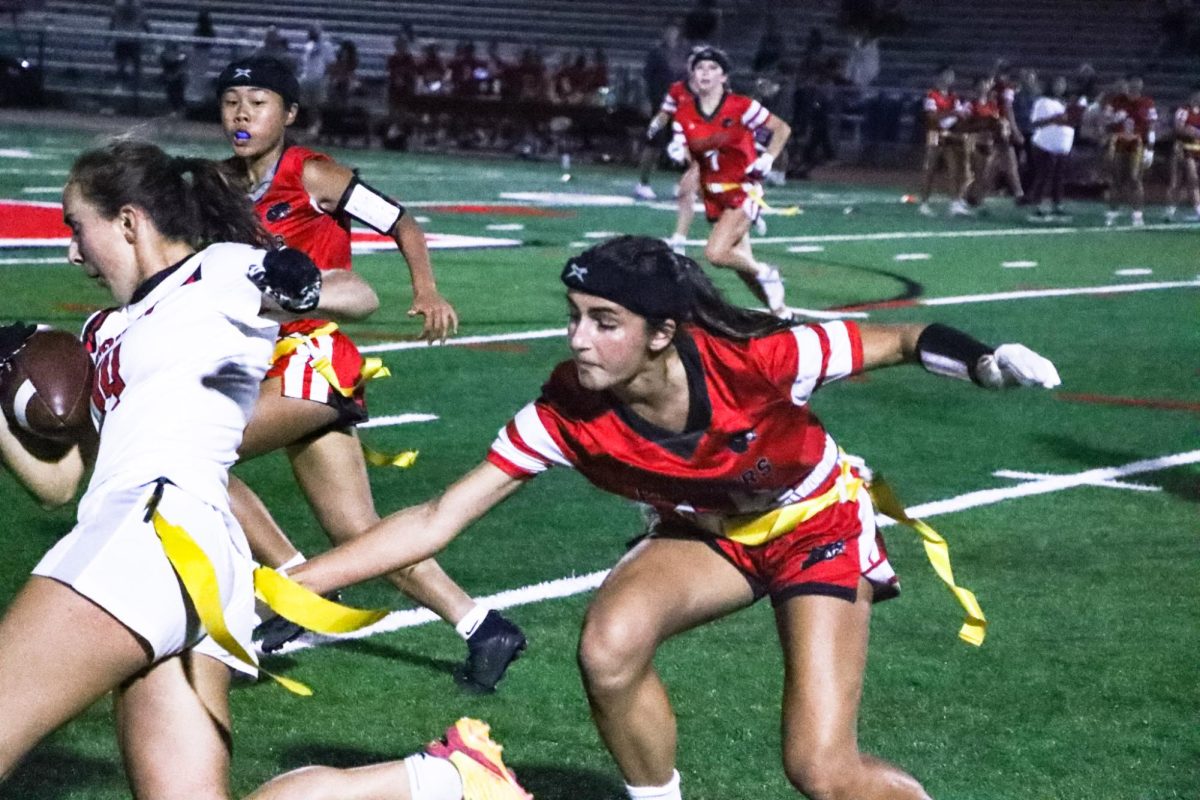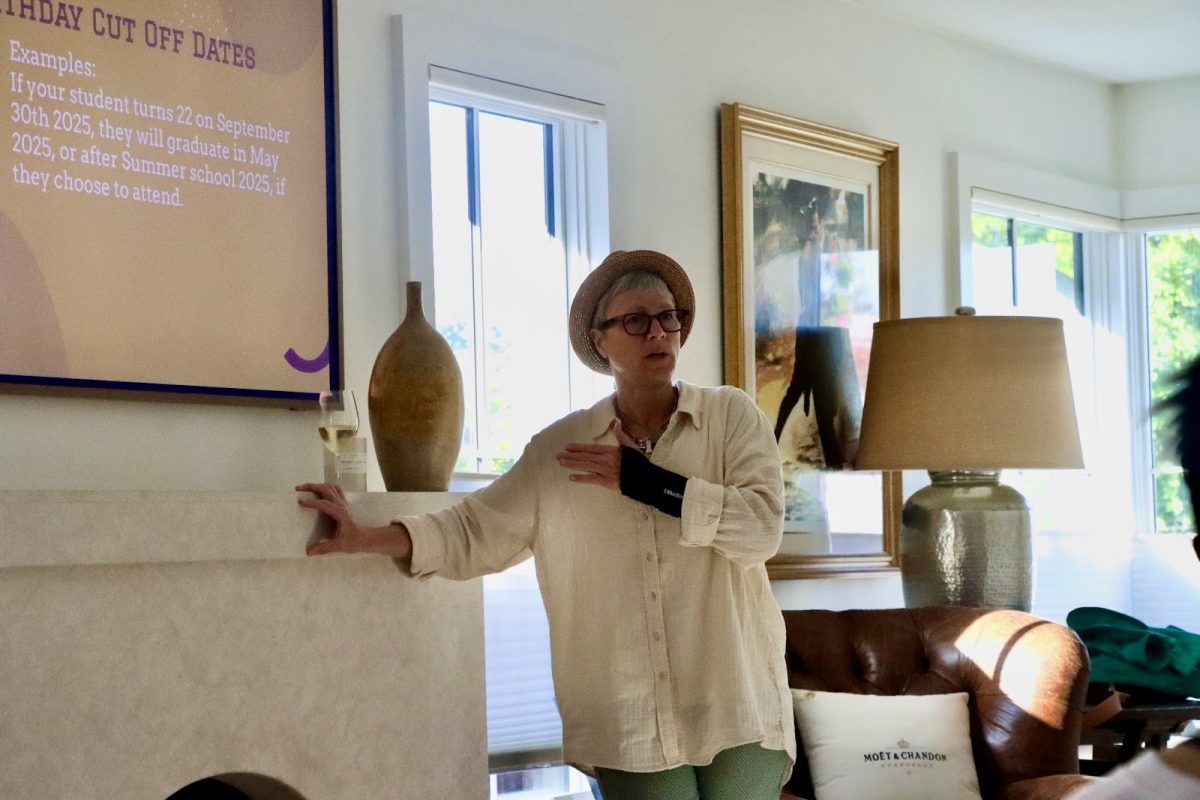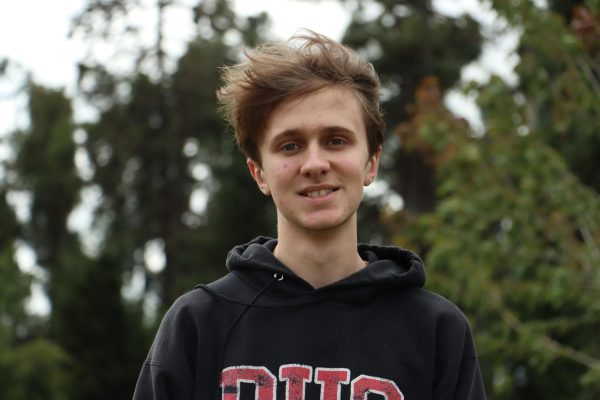On Monday, April 28, the Resources for Individual Student Excellence (RISE) parent group hosted a meeting for parents of neurodivergent students to discuss experiences, share knowledge, and offer support. Founded in August of 2024 by Grace Leung, the parent of freshman Marcus Leung, RISE aims to unite parents of students with Individualized Education Programs (IEPs), 504 plans, and other diagnosed or undiagnosed learning differences.
Having previously led a parent group in Hillsborough for neurodivergent students in kindergarten through eighth grade, Leung saw an opportunity to apply her experience to the high school level.
“When I came here to BHS, I went to the parent group meeting, and there was interest expressed by other parents for a similar group, and since I had experience doing that in Hillsborough, I decided to start one here,” Leung said.
During the most recent RISE meeting, Bay University director Jenna Smith gave a presentation about post-high-school options for special education students. The meeting also featured a Q&A session with senior Joss Tramel, who discussed her experiences navigating education with an IEP.
“Nobody really knows what they’re doing, and there are so many resources out there, but they’re hard to find on your own,” Tramel said. “It’s a lot easier to talk to people who have had those experiences, so you can bring them all together to work in tandem with one another.”
Tramel said that fear or uncertainty can keep some students from requesting accommodations and that it’s important to acknowledge the need for help.
“I feel like a lot of kids are scared that maybe they don’t need all these accommodations, and so they don’t ask for them,” Tramel said. “Accepting that you do need help and that you do need these other accommodations could bring more attention to those [accommodations] so that kids know what they can start asking for.”
Tam Madden, the parent of sophomore Donovan Madden, said the RISE meetings not only help answer questions, but also allow parents to connect with others in similar situations.
“I’ve met so many people that I call friends here,” Madden said. “And all the after-high-school stuff, these are exactly the kinds of questions that I’ve been curious about, and in one night, a lot of it was answered.”
Leung also said that connecting with other parents improved her own ability to help her child through his experiences.
“We shared resources, just different advice from other parents, going through similar experiences,” Leung said. “I think when parents take care of their own mental health, they become better parents for their kids naturally.”
Looking ahead, Leung hopes to create more opportunities for neurodivergent students to engage in Burlingame’s sports and extracurricular activities.
“Panther Pal, or other student leadership groups like student council, we would love to coordinate with them to see if there are any opportunities for high schoolers who are interested to mentor kids after school, during school, or in clubs,” Leung said. “Or for sports that are not as competitive as the Burlingame High sports, but something a little bit more at the level that can be fun and recreational for them.”

